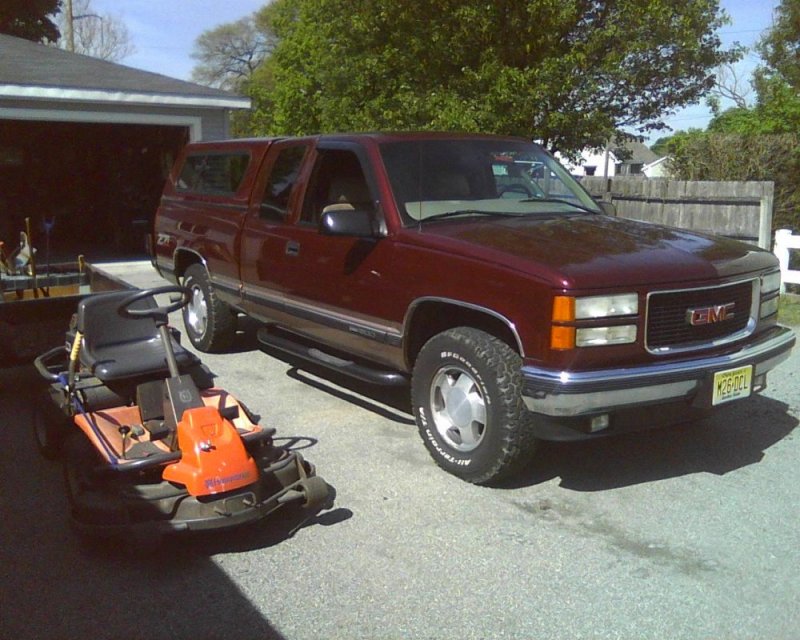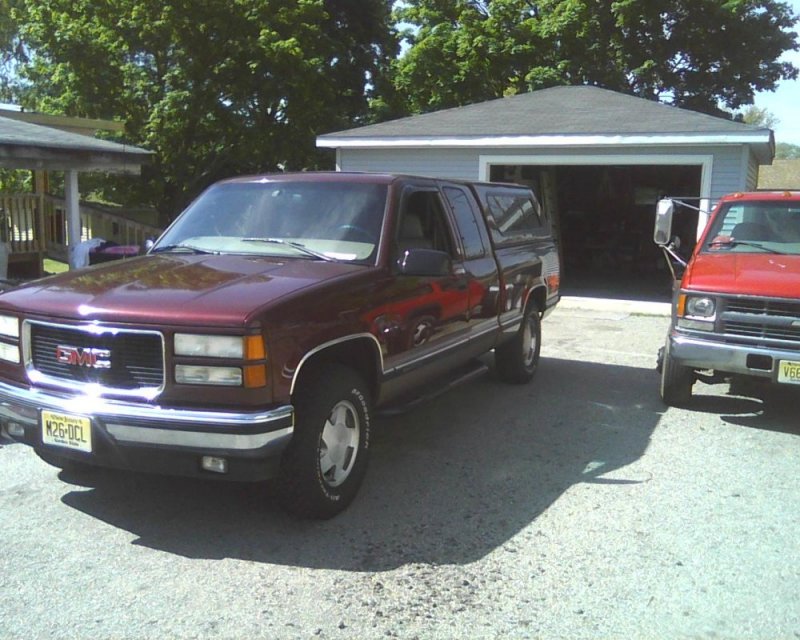OBE
Member
I didn't notice this for the first few months I drove it. But when Winter came it sounded like a rod knock. High pitched and hollow sounding just like so many rods bearings I've heard over the years.
On cold mornings I start it and it is quiet. In approx. 10 seconds I hear a knock developing. It gets louder and more pronounced and stays for about a minute or two. It then begins to lessen, until after about another minute or two, it's gone. Once it's warmed up it doesn't knock under any driving conditions and it doesn't knock when I start it up throughout the day. It only does it on the first startup of the day. Winter is over now, but the thing still does it on the first start of the day.
It's not like any knocking engine I've ever heard. It does not make a sound on the coldest morning until it runs for a little while, maybe 10 or 15 or 20 seconds. When it warms up, it's completely gone.
On cold mornings I start it and it is quiet. In approx. 10 seconds I hear a knock developing. It gets louder and more pronounced and stays for about a minute or two. It then begins to lessen, until after about another minute or two, it's gone. Once it's warmed up it doesn't knock under any driving conditions and it doesn't knock when I start it up throughout the day. It only does it on the first startup of the day. Winter is over now, but the thing still does it on the first start of the day.
It's not like any knocking engine I've ever heard. It does not make a sound on the coldest morning until it runs for a little while, maybe 10 or 15 or 20 seconds. When it warms up, it's completely gone.


